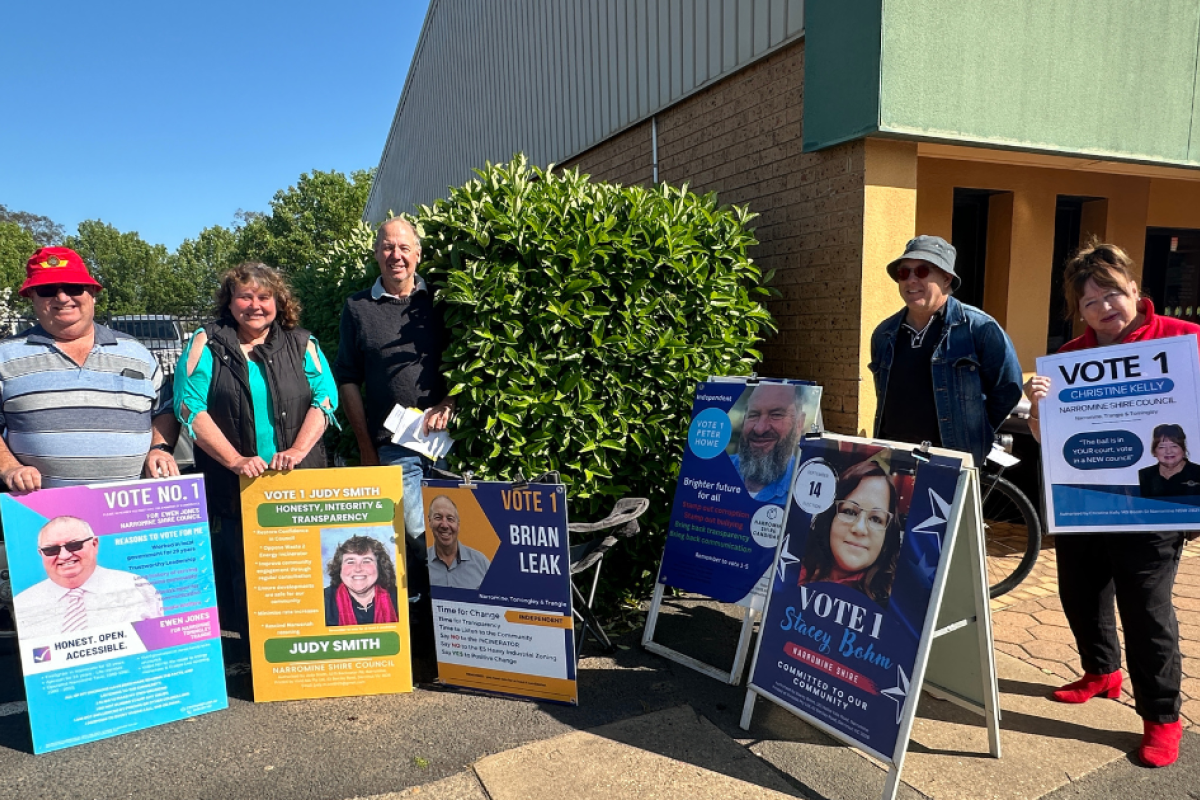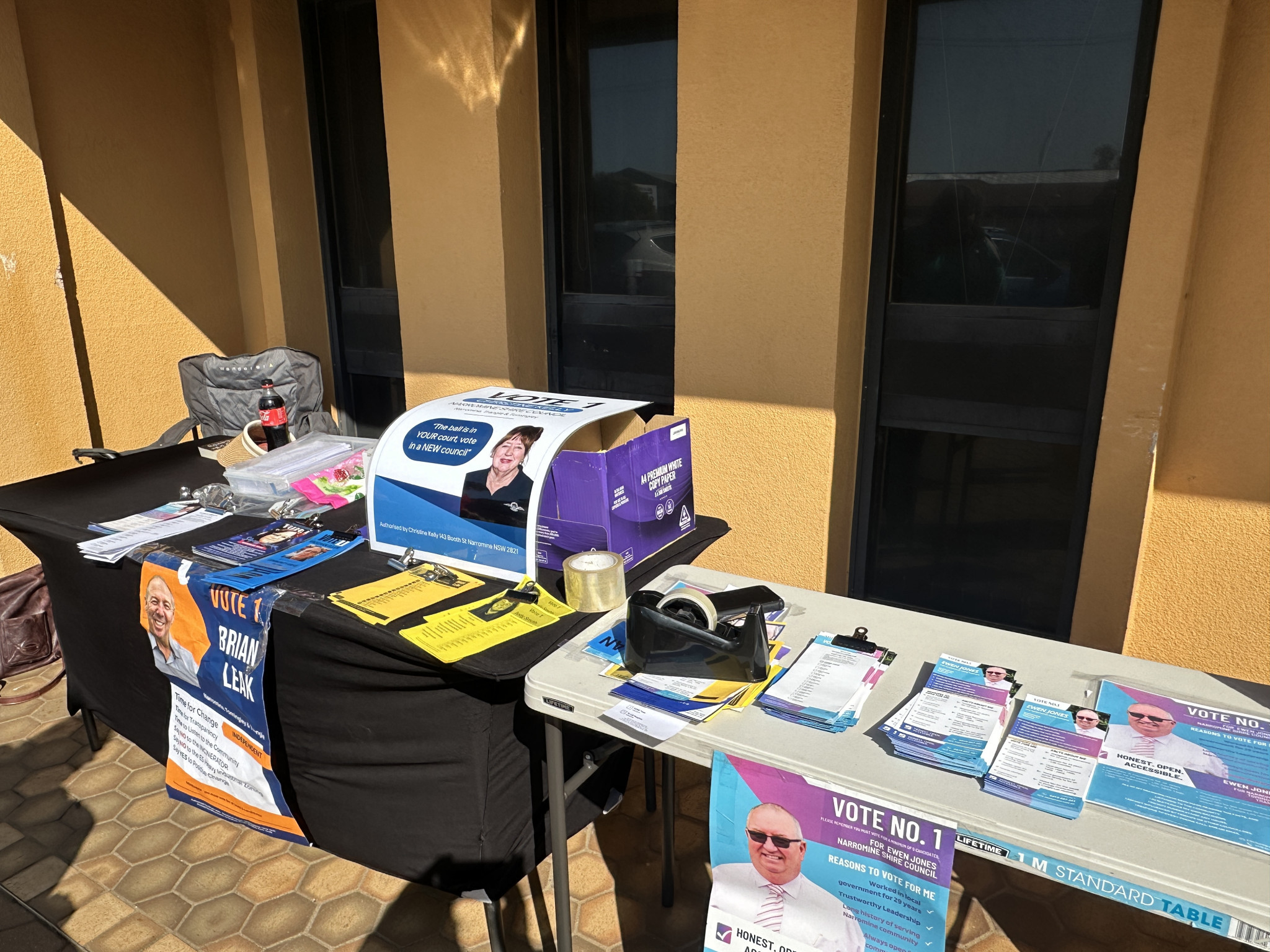General News
25 September, 2024
State Library collects “election ephemera”
With the local government elections done and dusted, the State Library of NSW will be busy sorting and cataloguing thousands of new items for its political “election ephemera” collection.

Everything from how-to-vote cards to candidate posters, flyers, badges, stickers, magnets, electoral mailouts, and more is collected by the State Library for elections across all three tiers of government. With elections having an increasing digital footprint, the State Library also captures election-related websites and social media.
The State Library has been doing this since 1900, believe it or not, and has amassed a treasure trove of documents that trace the development of political campaigning, candidates, and election issues over the decades. This masthead spoke to Maggie Patton, Head of Collections, Acquisitions, and Curation at the State Library, earlier this month about why this material is collected.
“We’re collecting it because it shows the history of political and social ideas in NSW,” Ms Patton explained. “When you look at these bits of ephemera, the leaflets, flyers, and things, they often talk about the issues of the day, particularly local issues and the different personalities. It shows you the history of the various parties that have come through over time, how popular they are, how they disappear,” she added.
Changes over time
When modern-day election material is compared over time to things produced post-1900, the marked differences in approaches to campaigning, information sharing, and developments in advertising strategy are also significant, Ms Patton said.
“Initially, it was that very light, easily printed black-and-white flyers, posters, or things created at the beginning of the Twentieth Century to advertise elections and voting. Eventually, you get photos of candidates, logos of political parties, sometimes photos of the local area, local issues, all sorts of different things,” she explained.
“The colour, the attractiveness of material has changed over time. The images and faces are very organised and striking today. You pick it up and know exactly what you’re looking at, who you’re looking at, and why they want to be elected,” she added. The historical context around the material is also important.
“It really is about showing the history of the community and the ideas and social issues,” Ms Patton said.
What is ‘ephemera’?
The Britannica Dictionary defines the word ‘ephemera’ as meaning “things that are important or useful for only a short time: items that were not meant to have lasting value.” The fact that the State Library is capturing all this information for perpetuity would suggest the exact opposite; that while it is used for a fleeting moment in time, this election-related material has lasting value as a historical record.
Public heeds call out
In early September, the State Library did a call-out to the community to help obtain the mass of election-related material generated by the NSW local government election last weekend. “We do a public call-out [before each election] and ask members of the public to collect items and drop them into their local libraries or mail them to the State Library directly,” Ms Patton said.
Although it is a huge undertaking, Ms Patton says what they do receive from the public call-out is always very interesting. “When we’re sorting [the material], you can see that [candidates] have put a lot of money into it,” Ms Patton said.
“For some of them, there’s a huge machinery behind the candidate but, sometimes, they’re just an independent or a one-issue person,” she added. “I think sometimes there are people who have that one issue and decide they want to stand for local council. That’s the sort of record that’s really important because you know the issues and ideas around the big parties, but the smaller issues we really capture in the ephemera call-out,” Ms Patton concluded.



